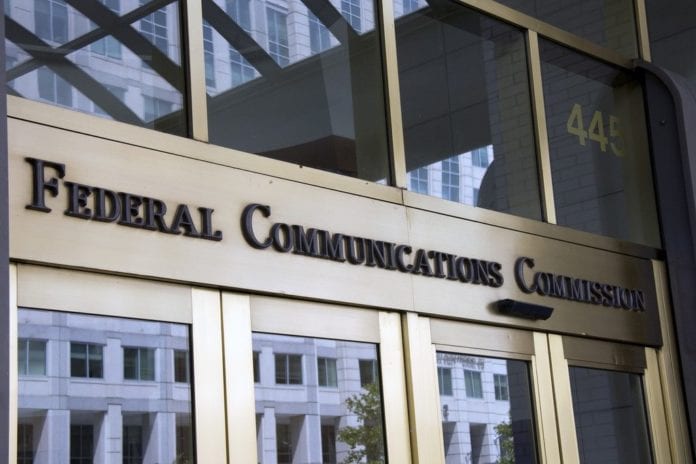The FCC order took effect on Jan. 14
Last year the U.S. Federal Communications Commission, with an eye on supporting domestic 5G deployment rollouts, passed an order superseding city-level controls associated with siting wireless infrastructure. The order kicked in on Jan. 14 following a Jan. 10 court decision upholding the FCC’s authority.
The U.S. Court of Appeals for the Tenth Circuit denied a motion to stay the FCC decision. Primary tenets of the order include:
- A ban on local regulations designed to prohibit wireless infrastructure deployment;
- Standardization of the fee structure cities can charge for reviewing small cell projects;
- Established a 60-day shot clock for attaching small cells to existing structures and 90 days for new builds;
- And set “modest guardrails on other municipal rules that may prohibit service.”
In an interview with Governing, Brian Namey of the National Association of Counties, said the challenge will continue. “We support timely, successful deployment of 5G technology across the country. We are concerned that the FCC’s ruling overlooks community decision-making and significantly impedes counties’ ability to ensure public safety and well-being. We share the FCC’s goal of expanding broadband access for every American; however, a one-size-fits-all approach will not achieve that goal.”
FCC Commissioner Brendan Carr led the push for the 5G order. He has publicly sparred with San Jose, California, Mayor Sam Liccardo, who championed what critics call a “5G tax;” essentially the city charges an annual fee of $3,500 per small cell.
In a November op-ed published by San Jose’s Mercury News, Carr called out the perceived disconnect between the area’s tech-based economy and impediments to wireless deployment.
Carr wrote: “In places that don’t have all of the tech advantages of San Jose, cities improved broadband by approving small cell permits promptly and charging reasonable fees. I have seen this in Sioux Falls, S.D., Fishers, Ind., and other cities where small cells have been up and running thanks to their leaders’ commonsense policies.”
“Mayor Liccardo’s tax doesn’t just hurt San Jose. Excessive taxes charged by big cities deplete the capital needed to build broadband in suburban and rural America. That’s why several dozen mayors, county supervisors, and elected leaders called on the FCC to act.”

